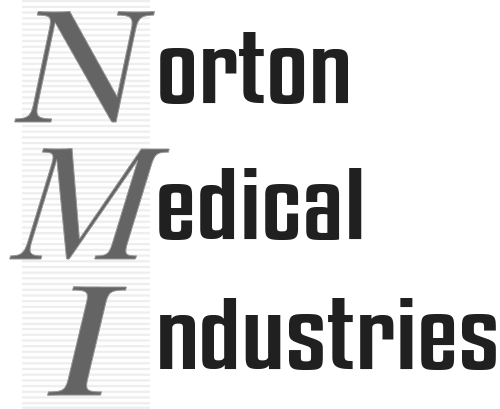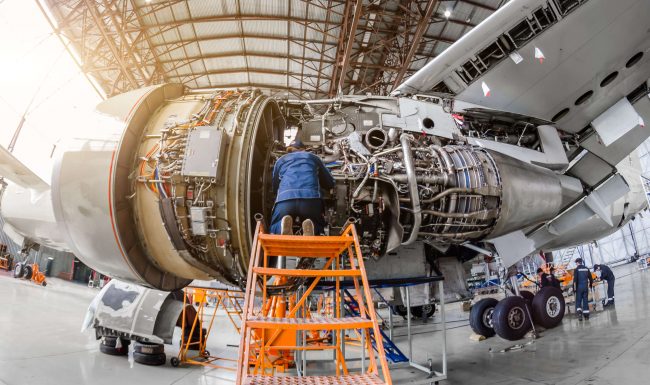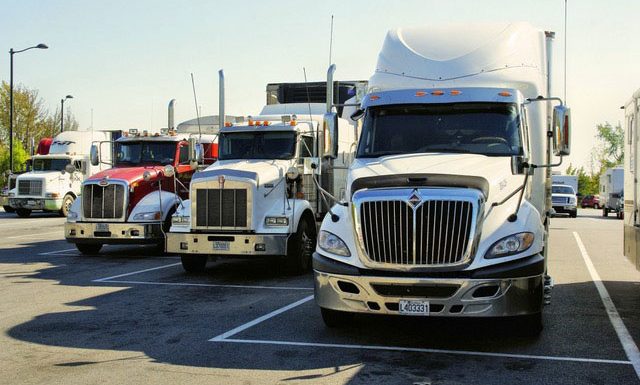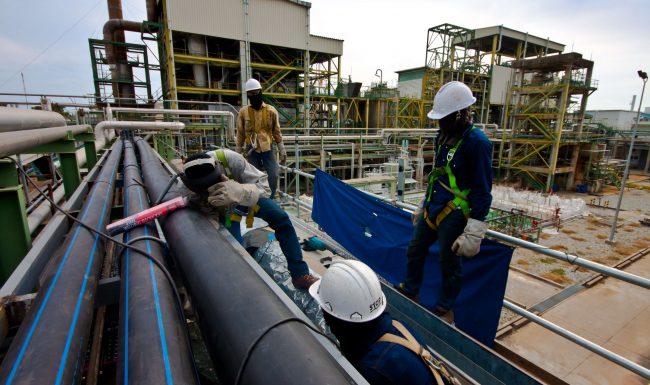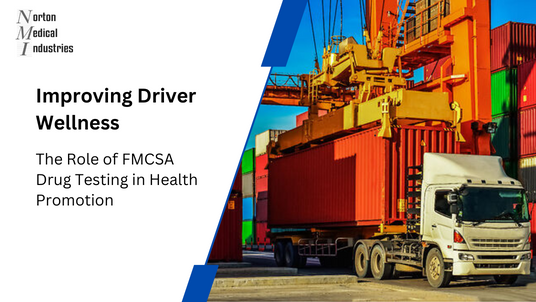
The Federal Motor Carrier Safety Administration (FMCSA) is responsible for regulating and enforcing safety guidelines for commercial motor vehicles (CMV) in the United States. Drug abuse is a serious problem in the transportation industry, and the FMCSA has implemented a strict policy of drug testing for CMV drivers. The FMCSA requires drug testing for pre-employment, post-accident, random, and reasonable suspicion situations. The benefits of FMCSA random drug testing and FMCSA drug testing, in general, are numerous, including increased safety, reduced accidents, and improved driver health.
One of the primary benefits of FMCSA random drug testing is increased safety on the roads. CMV drivers are responsible for operating large vehicles that can cause serious damage in the event of an accident. Drug abuse can impair a driver’s judgment and reaction time, leading to an increased risk of accidents. By conducting random drug testing, the FMCSA can identify drivers who are using drugs and remove them from the road, reducing the likelihood of accidents and injuries.
Another benefit of FMCSA drug testing is a reduction in accidents. Accidents involving CMVs can be costly in terms of property damage, injury, and loss of life. In addition to the physical and emotional toll, accidents can also result in financial losses for businesses. By identifying and removing drug-abusing drivers, the FMCSA can reduce the number of accidents on the road, leading to fewer injuries, less property damage, and lower costs for businesses.
In addition to the benefits of FMCSA random drug testing, FMCSA drug testing, in general, has several other advantages. Pre-employment drug testing helps to ensure that only drug-free individuals are hired for CMV driver positions. Post-accident drug testing helps to determine if drugs were a factor in an accident, and can lead to disciplinary action against drivers who are found to be under the influence. Reasonable suspicion drug testing allows employers to test drivers who exhibit behavior consistent with drug use, leading to early intervention and treatment.
Moreover, FMCSA drug testing can also improve the health of CMV drivers. Drug abuse is associated with several health problems, including heart disease, stroke, cancer, and mental health disorders. By identifying and treating drug abusers, drivers can receive the necessary medical attention to address their drug abuse and related health issues. This can lead to improved overall health and well-being for drivers, and can also lead to a more productive workforce.
In conclusion, FMCSA drug testing, including random drug testing, is essential for ensuring safety on the roads and improving the health of CMV drivers. By identifying and removing drug-abusing drivers, the FMCSA can reduce the number of accidents and injuries, leading to lower costs for businesses and improved safety for all road users. FMCSA drug testing also helps to ensure that only drug-free individuals are hired for CMV driver positions and allows for early intervention and treatment for drug abusers. It is essential that all CMV drivers and employers comply with FMCSA drug testing guidelines to ensure a safe and productive transportation industry.
